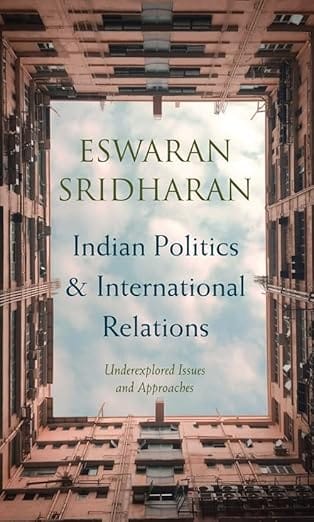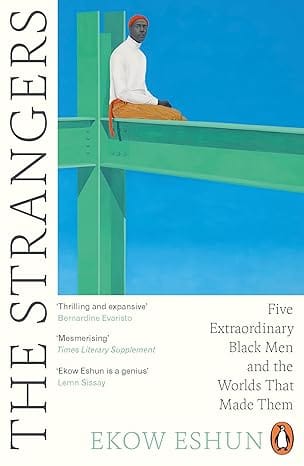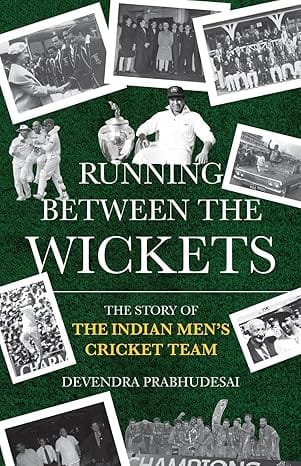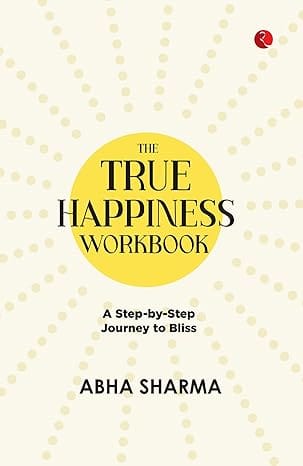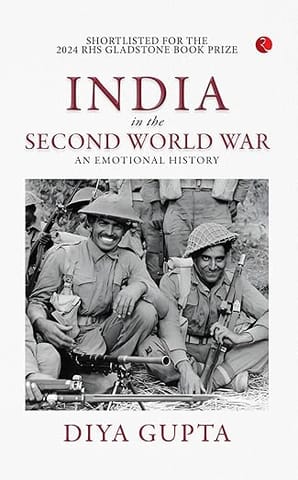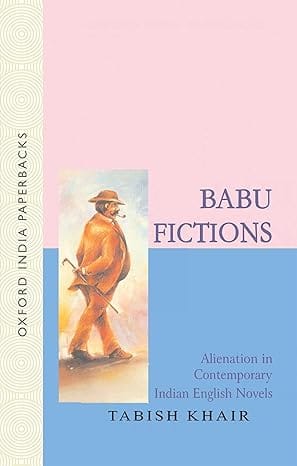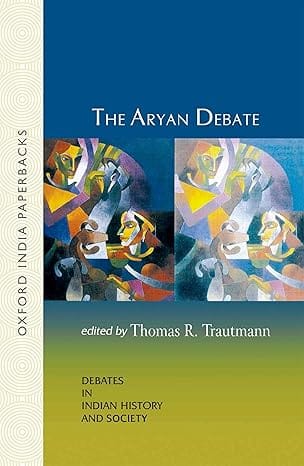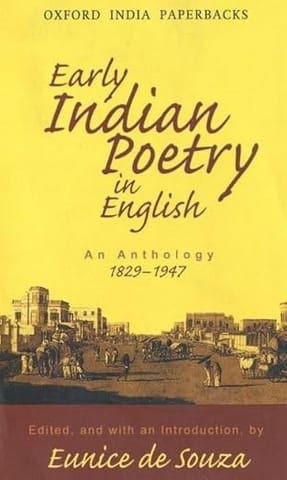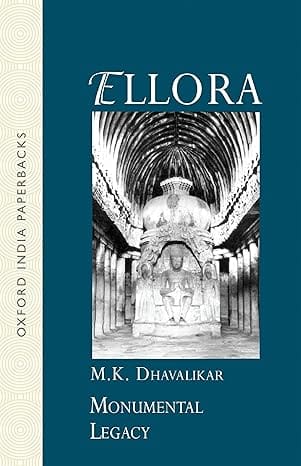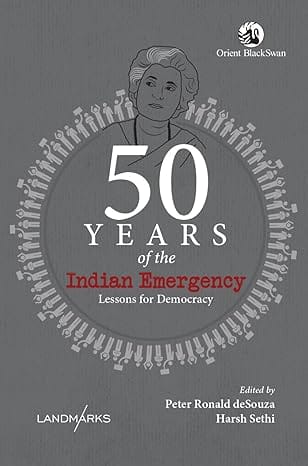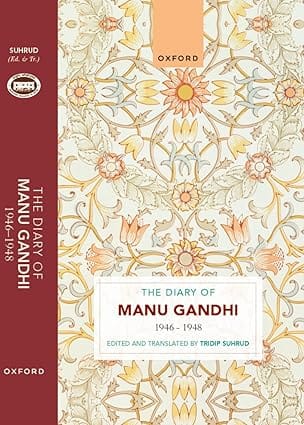WELCOME TO MIDLAND BOOK SHOP!
SHOP FOR
- Non-ficton
- Non-ficton
- Contemporary Fiction
- Contemporary Fiction
- Children
- Children
- Comics & Graphic Novels
- Comics & Graphic Novels
- Non-Fiction
- Non-Fiction
- Fiction
- Fiction
Shop No.20, Aurobindo Palace Market, Hauz Khas, Near Church +91 9818282497 | 011 26867121 110016 New Delhi IN
Midland The Book Shop ™
Shop No.20, Aurobindo Palace Market, Hauz Khas, Near Church +91 9818282497 | 011 26867121 New Delhi, IN
+919871604786 https://www.midlandbookshop.com/s/607fe93d7eafcac1f2c73ea4/677cda367903fd013d69b606/without-tag-line-480x480.png" [email protected]9788178247021 68c01465121c1e47ecbae9dc Indian Politics And International Relations Underexplored Issues And Approaches https://www.midlandbookshop.com/s/607fe93d7eafcac1f2c73ea4/68c01466121c1e47ecbae9e4/61wah75dqgl-_sy522_.jpg 9788178247021
This book comprises papers on underexplored topics and approaches in analysing Indian politics, political economy, and political sociology on the one hand, and India’s international relations and foreign policy on the other, applying to the latter aspects of international relations theory to explain policies and developments as well as conflicts and deadlocks. The subjects covered include the breakdown of the Congress-dominant party system; democracy and diversity within political parties; the pros and cons of a possible proportional representation system; whether 2014 marks the end of the coalition era; cross-state policy borrowing in Indian federalism; and the implications of middle-class growth for politics and economic reform. Regarding international relations, the themes include India's rise and its constraints; linkages between economic co-operation and security in India–Pakistan relations; India–Sri Lanka relations driven by geopolitics, domestic politics, and identity politics; and the strategic consequences of China-centric Asian economic integration in the absence of an Asian security consensus. This book will interest every serious student of India's politics and international relations.
in stockINR 1080
1 1
Email ID already exists!
Your Current password is incorrect
Password Updated Successfully
Thanks for your Feedback
- Home
- Non-Fiction
- Indian Politics And International Relations Underexplored Issues And Approaches
Indian Politics And International Relations Underexplored Issues And Approaches
ISBN: 9788178247021
₹1,080
₹1,200 (10% OFF)SIZE GUIDE
Sold By: Hauz Khas - Aurobindo Market
Details
- ISBN: 9788178247021
- Author: Eswaran Sridharan
- Publisher: Permanent Black
- Pages: 400
- Format: Hardback
Book Description
This book comprises papers on underexplored topics and approaches in analysing Indian politics, political economy, and political sociology on the one hand, and India’s international relations and foreign policy on the other, applying to the latter aspects of international relations theory to explain policies and developments as well as conflicts and deadlocks. The subjects covered include the breakdown of the Congress-dominant party system; democracy and diversity within political parties; the pros and cons of a possible proportional representation system; whether 2014 marks the end of the coalition era; cross-state policy borrowing in Indian federalism; and the implications of middle-class growth for politics and economic reform. Regarding international relations, the themes include India's rise and its constraints; linkages between economic co-operation and security in India–Pakistan relations; India–Sri Lanka relations driven by geopolitics, domestic politics, and identity politics; and the strategic consequences of China-centric Asian economic integration in the absence of an Asian security consensus. This book will interest every serious student of India's politics and international relations.
User reviews
NEWSLETTER
Subscribe to get Email Updates!
Thanks for subscribing.
Your response has been recorded.

India's Iconic & Independent Book Store offering a vast selection of books across a variety of genres Since 1978.
"We Believe In The Power of Books" Our mission is to make books accessible to everyone, and to cultivate a culture of reading and learning. We strive to provide a wide range of books, from classic literature, sci-fi and fantasy, to graphic novels, biographies and self-help books, so that everyone can find something to read.
Whether you’re looking for your next great read, a gift for someone special, or just browsing, Midland is here to make your book-buying experience easy and enjoyable.
We are shipping pan India and across the world.
For Bulk Order / Corporate Gifting
 +91 9818282497 |
+91 9818282497 |  [email protected]
[email protected]
Click To Know More
INFORMATION
QUICK LINKS
ADDRESS
Midland Book Shop - Hauz Khas
Shop No.20, Aurobindo Palace Market, Near Church, New Delhi
Shop No.20, Aurobindo Palace Market, Near Church, New Delhi

